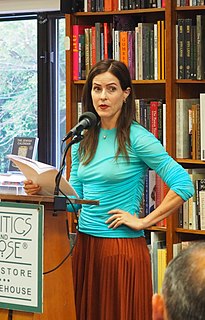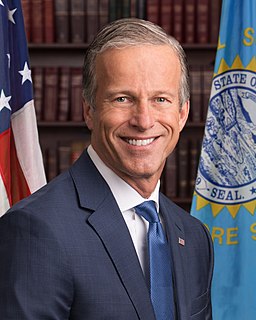A Quote by J. C. Watts
Well, Mark, I led the charge for five or six years to get reforms for Fannie Mae and Freddie Mac. I was chairman of an organization called 'FM Policy Focus.' What we were saying was, if there was blip in the housing market, Fannie and Freddie would destabilize the greatest economy in the world.
Related Quotes
Fannie Mae and Freddie Mac - two bloated and corrupt government-sponsored programs - contributed heavily to the crisis.In order to prevent another crisis, we need to do what we should have done years ago - reform Fannie Mae and Freddie Mac. We also need to repeal Dodd-Frank, the Democrats' failed solution. Under Dodd-Frank, 10 banks too big to fail have become five banks too big to fail. Thousands of community banks have gone out of business.
One third of the $15 trillion of mortgages in existence in 2008 are owned, or securitized by Fannie Mae, Freddie Mac, Ginnie Mae, the Federal Housing and the Veterans Administration. Wall Street buyers of repackaged loans didn't mind buying risky paper because they assumed that they would be guaranteed by the federal government: read bailout from the taxpayers. Today's housing mess can be laid directly at the feet of Congress and the White House.
In September 2008, the two largest housing mortgage companies called Fannie Mae and Freddie Mac, which were government-sponsored enterprises, which hold hundreds of billions of dollars of mortgages, because of the losses they took on the mortgages, they essentially became insolvent, and the government had to take them over.
There is plenty of blame to go around for the U.S. housing bubble, but not much of it belongs to Fannie Mae and Freddie Mac. The two giant housing-finance institutions made many mistakes over the decades, some of them real whoppers, but causing house prices to soar and then crater during the past decade weren't among them.































